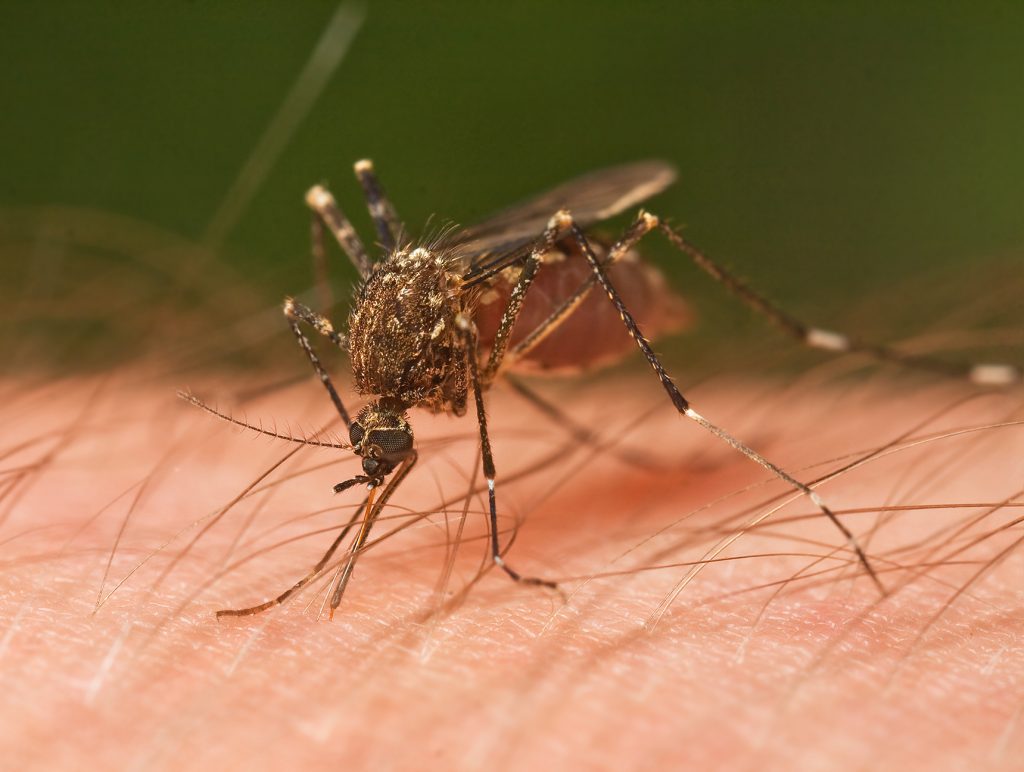
Camden County has confirmed a second case of West Nile virus this year.
According to the CDC, West Nile is the leading cause of mosquito-borne disease in the U.S. Symptoms range from mild to severe, and while most people infected don’t experience symptoms, about one in five will develop a fever and other symptoms such as headache, body aches, vomiting, diarrhea or rash.
In severe cases – about one of every 150 – the virus can lead to serious neurological and sometimes fatal illnesses.
The latest case in the county was confirmed with a laboratory test reported to the Camden County Department of Health and Human Services. An investigation was immediately initiated to assess the situation and mitigate further spread.
Commissioner Virginia Betteridge, liaison to the department, emphasized the importance of prevention in avoiding West Nile virus.
“The best way to avoid West Nile virus is to avoid mosquito bites altogether,” she said. “Residents should wear long-sleeved shirts and pants when possible, use bug spray and take steps to control mosquitoes on their property by removing standing water.”
To combat the virus’ spread, the Camden County Mosquito Control Commission has increased efforts that include additional spraying, treating, trappin and testing of mosquitoes in the area. The commission’s surveillance efforts are crucial during mosquito season, which begins in the summer and continues through fall.
There are currently no vaccines or specific treatments available for the virus, but the CDC recommends using Environmental Protection Agency (EPA)-registered insect repellents containing active ingredients such as DEET, Picaridin, IR3535, Oil of Lemon Eucalyptus (OLE), para-menthane-diol (PMD) or two-undecanone to reduce risk. The repellents are safe and effective when used as directed, even for pregnant and breast-feeding women.
Standing water on properties can be breeding grounds for mosquitoes. The mosquito commission continues to schedule spraying as needed, based on surveillance results and public input.
As of this year, New Jersey had 15 human cases of the virus. For more information, visit the CDC’s information website or contact the mosquito commission at (856) 566-2945 or via email at [email protected].







